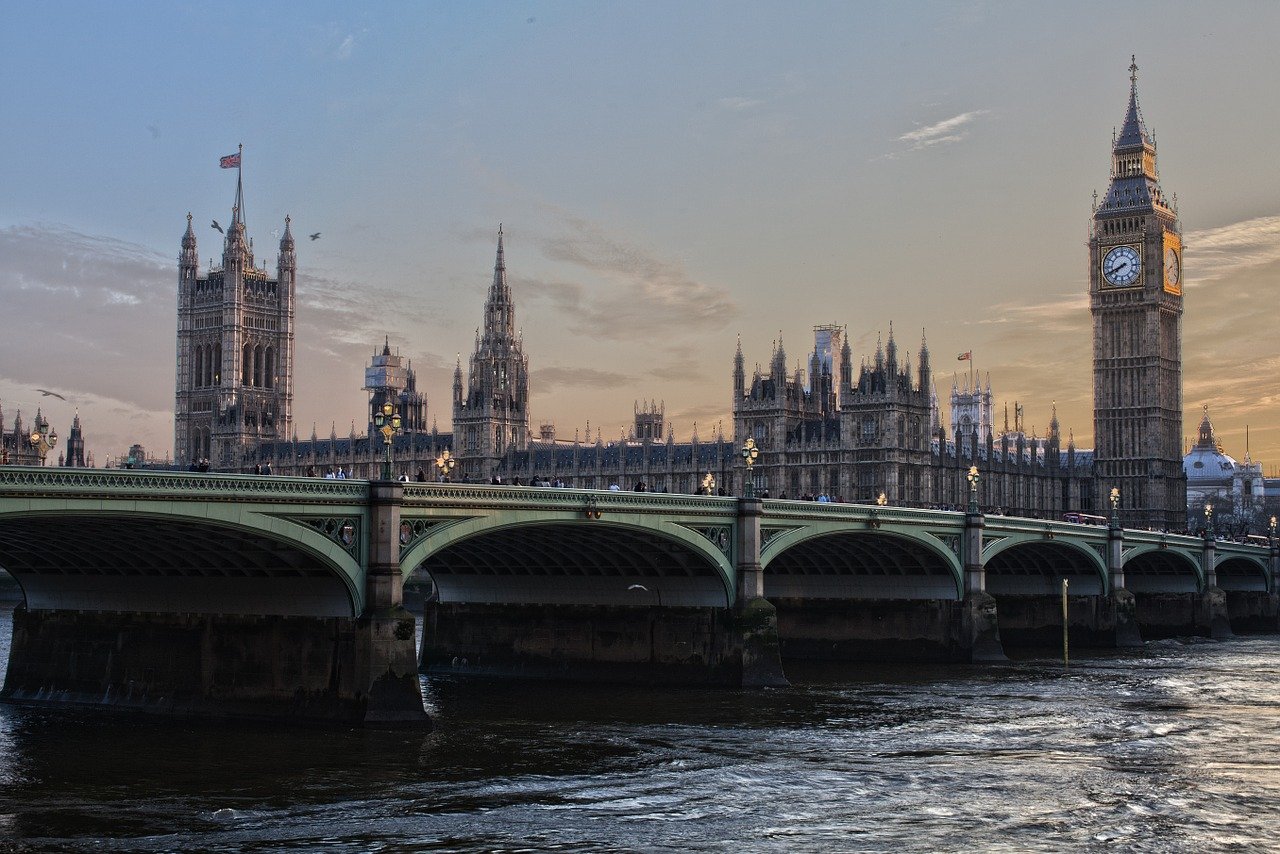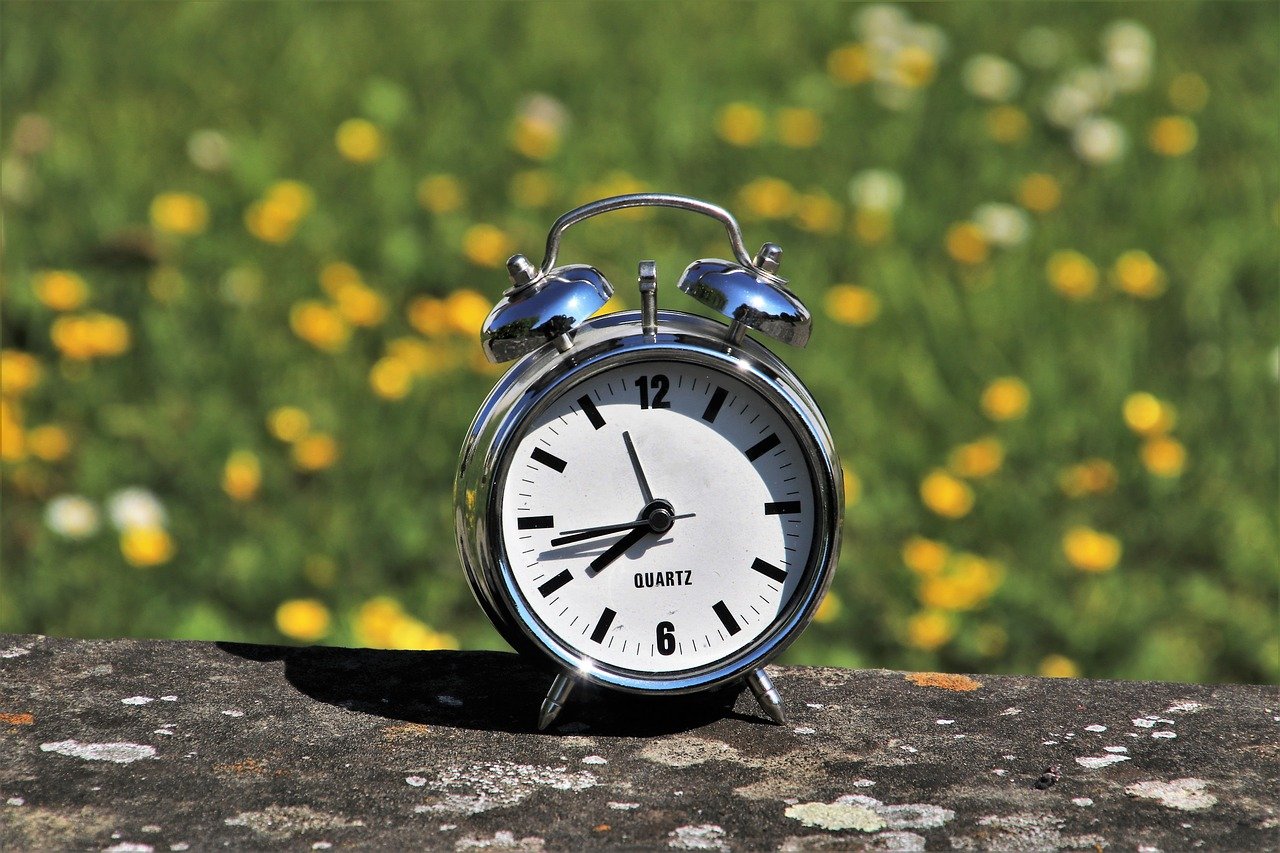Table of Contents
You probably might be wondering why the Brits turn their clocks 1 hour ahead in March. The answer – Daylight Saving Time. Daylight Saving Time (DST) or British Summer Time (BST) is a concept that is followed in almost 70 countries in the world, including most of North America, Europe, and parts of South America and New Zealand. Countries near the equator do not need to follow DST as they do not experience high variations in the daytime between seasons. This article will help answer some pressing questions you may have about Daylight Savings in the UK.
What Is Daylight Saving?
Daylight saving time (DST), also known as daylight time (the United States and Canada) or daylight savings time in the UK and summertime (United Kingdom), is the practice of advancing clocks during warmer months so that darkness falls later each day according to the clock. The typical implementation of DST is to set clocks forward by one hour in the spring and set clocks back by one hour in autumn to return to standard time. As a result, there is one 23-hour day in late winter or early spring and one 25-hour day in the autumn.
Why Do We Have Daylight Savings In The UK?

In essence, DST is an advanced version of Greenwich Mean Time (GMT). The rationale behind following UK Daylight Savings Time is to ensure that clocks show a later sunrise and a later sunset – in effect a longer evening daytime. People will wake up an hour earlier than usual, go about their daily routines an hour earlier, and have an extra hour of daylight at the end of the day.
When Time Does The UK Daylight Savings Start?
In the UK, clocks go forward 1 hour at 1 am on the last Sunday in March, and back 1 hour at 2 am on the last Sunday in October. Since 22 October 1995, the starting and finishing times of daylight saving time across the European Union have been aligned. When the clocks are 1 hour ahead, it is called British Summer Time (BST). The reason this is done is that there is more daylight in the evenings and less in the mornings (sometimes called Daylight Saving Time). When Daylight Savings UK ends, the clocks go back 1 hour and follow the usual Greenwich Mean Time (GMT).
How Will I Feel During The Transition From GST To BST?
If you are managing to get in 7-8 hours of sound sleep and go to bed a little early the night before, you will wake up feeling refreshed. However, if you are sleep-deprived and get less than 6 hours of sleep, you’re probably going to feel the effects of BST. In such situations, you might experience lapses in concentration, poor performance, fatigue and daytime sleepiness. A good tip is to avoid consuming alcohol or caffeine close to bedtime.
Will It Affect My Sleep?

Yes, it might. Moving our clocks in any direction changes the principal time for setting and resetting our 24-hour natural cycle, or circadian rhythm. In doing so, our internal body clock becomes out of sync or mismatched with our current day-night cycle and ultimately affects our sleep. How well we adapt to this depends on several things. It usually takes about one day to adjust for each hour of the time change. However, this is purely subjective.
FAQs
1. What is the purpose of daylight savings time UK?
In the UK, the goal of daylight saving time is to maximise the use of daylight during the longer summer days in order to save energy and increase the amount of daylight available for outdoor activities.
2. What is the concept of Daylight Saving Time?
In order to increase evening daylight and save energy, daylight saving time includes moving the clocks forward by one hour during the warmer months.
3. Is Daylight Savings a British thing?
Although it wasn’t invented in Britain, Daylight Saving Time has been implemented there as a method to make the most of the longer summer days.
4. Is daylight savings time permanent in the UK?
In the UK, Daylight Saving Time is not a permanent fixture; clocks are moved an hour forward on the last Sunday of March and an hour back on the last Sunday of October.
5. What happens when clocks go forward in the UK?
The UK switches from Greenwich Mean Time (GMT) to British Summer Time (BST) as the clocks advance, usually in March. As a result, there is an hour more of daylight in the evenings and an hour less in the mornings.
Thank you for reading this blog on ‘The UK Daylight Savings’. If you’d like to read more, check out these blogs –











0 Comments